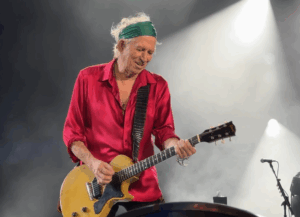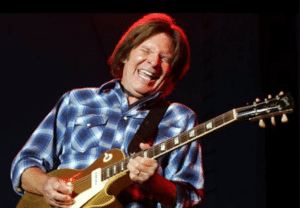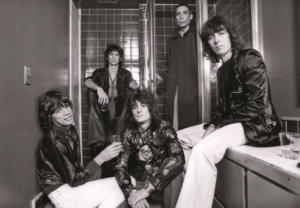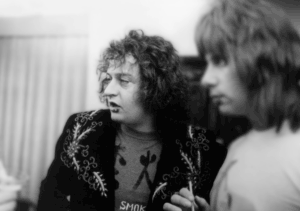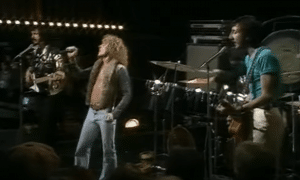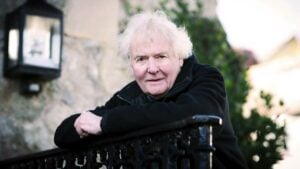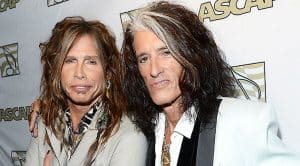The Truth Behind The Who’s “Behind Blue Eyes” Origin
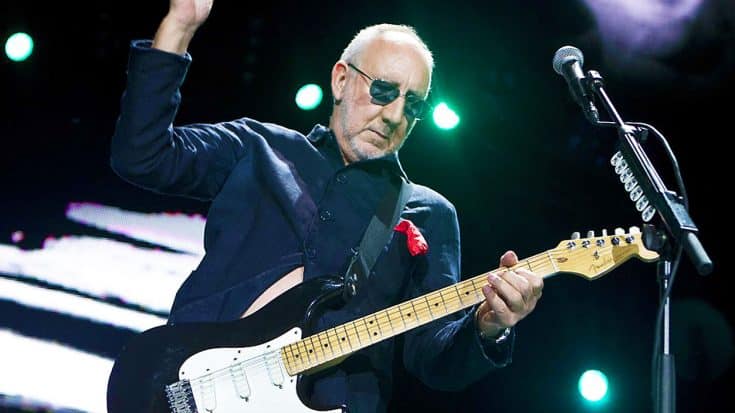
Image via Eleven Warriors
In the 1960s, The Who played a significant role in the British Invasion, captivating the youth of Europe and the United States with their songs addressing adolescent struggles. Unlike other iconic bands of the time, The Who, led by Pete Townshend, delved into societal pressures and challenges faced by the younger generation.
The group’s debut in 1965 featured hits like the introspective “My Generation,” setting the tone for their exploration of themes such as societal disapproval and pressure. As they dominated Woodstock in 1969, The Who’s pinnacle success arrived in the 1970s with tracks like “Won’t Get Fooled Again,” “Who Are You,” and “Behind Blue Eyes,” solidifying their status as one of the greatest rock bands.
Pete Townshend’s Beliefs
Pete Townshend, a devoted follower of Indian spiritual teacher Meher Baba, expressed his dissatisfaction with worldly distractions in “Behind Blue Eyes.” Meher Baba, known for his non-verbal teachings, preached the oneness of all faiths and the pursuit of authentic knowledge. Townshend, inspired by Baba’s teachings, resisted temptations after a Denver show in 1970, retreating to his room to compose a prayer, planting the seeds for “Behind Blue Eyes.”
The Bridge’s Hidden Secret
Townshend’s call for moderation in trusting one’s gut feelings is mirrored in the song’s dramatic bridge. As Townshend begs for assistance to stop the pursuit of passion, his internal conflict is powerfully represented. The lyrics highlight a desire to resist giving in to bad impulses, exemplified by the lines “When my fist clenches, crack it open / Before I use it and lose my cool.”
“Behind Blue Eyes” was initially intended for Townshend’s scrapped album-concert cosmic opera Lifehouse, shedding light on the song’s origins. The track serves as the soundtrack for the opera’s antagonist, a character who, like any well-crafted villain, perceives himself as morally justified. The antagonist’s plea for compassion in the closing lines resonates with Townshend’s struggles, creating a parallel between the fictional character and the artist’s real-life challenges in a society that may not fully comprehend their perspectives.






